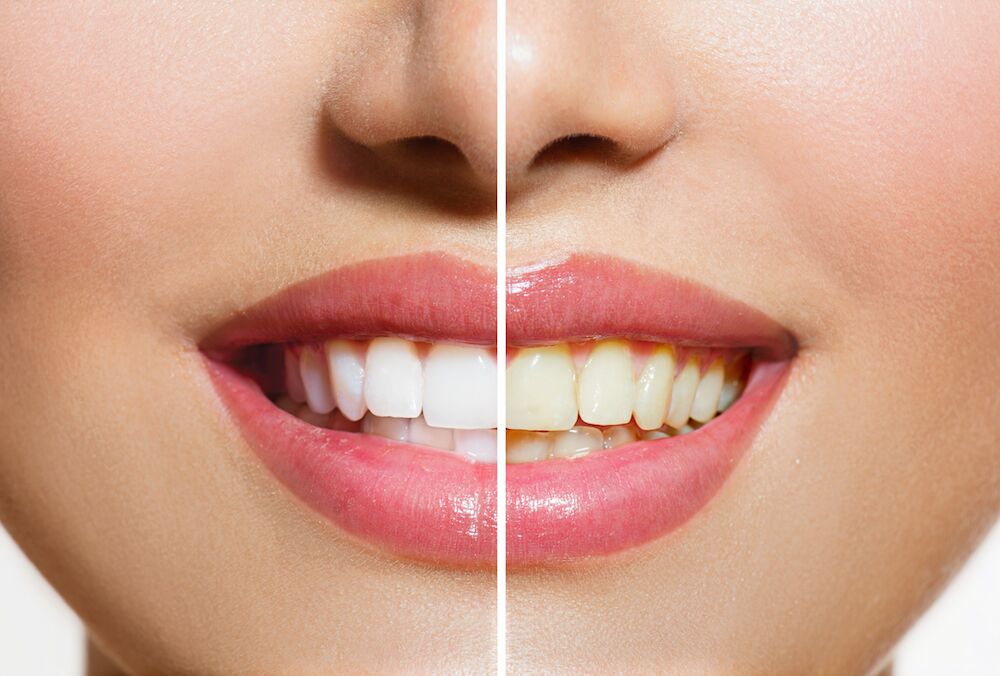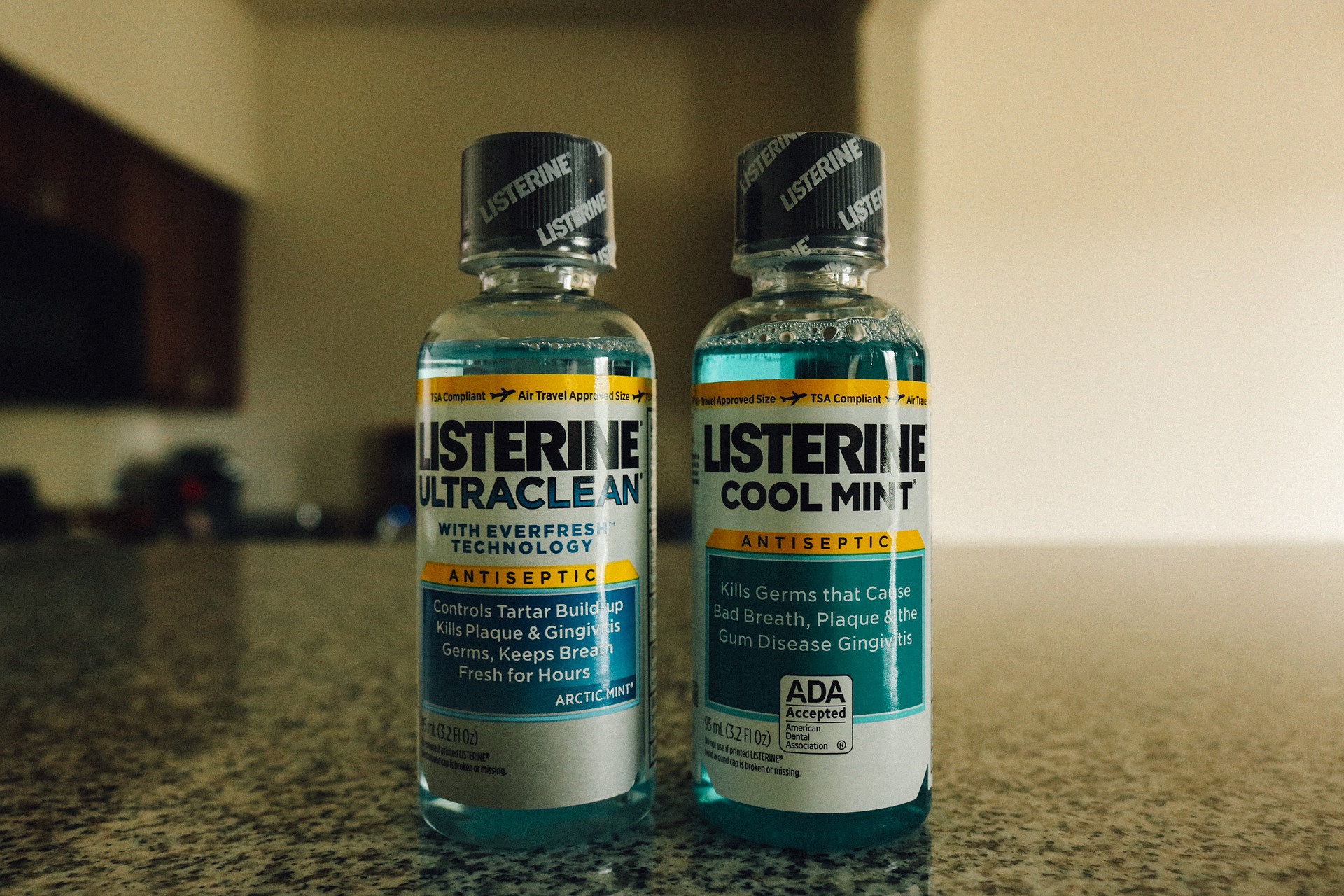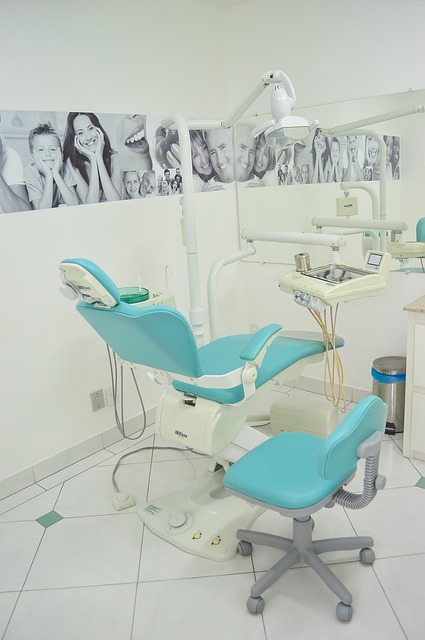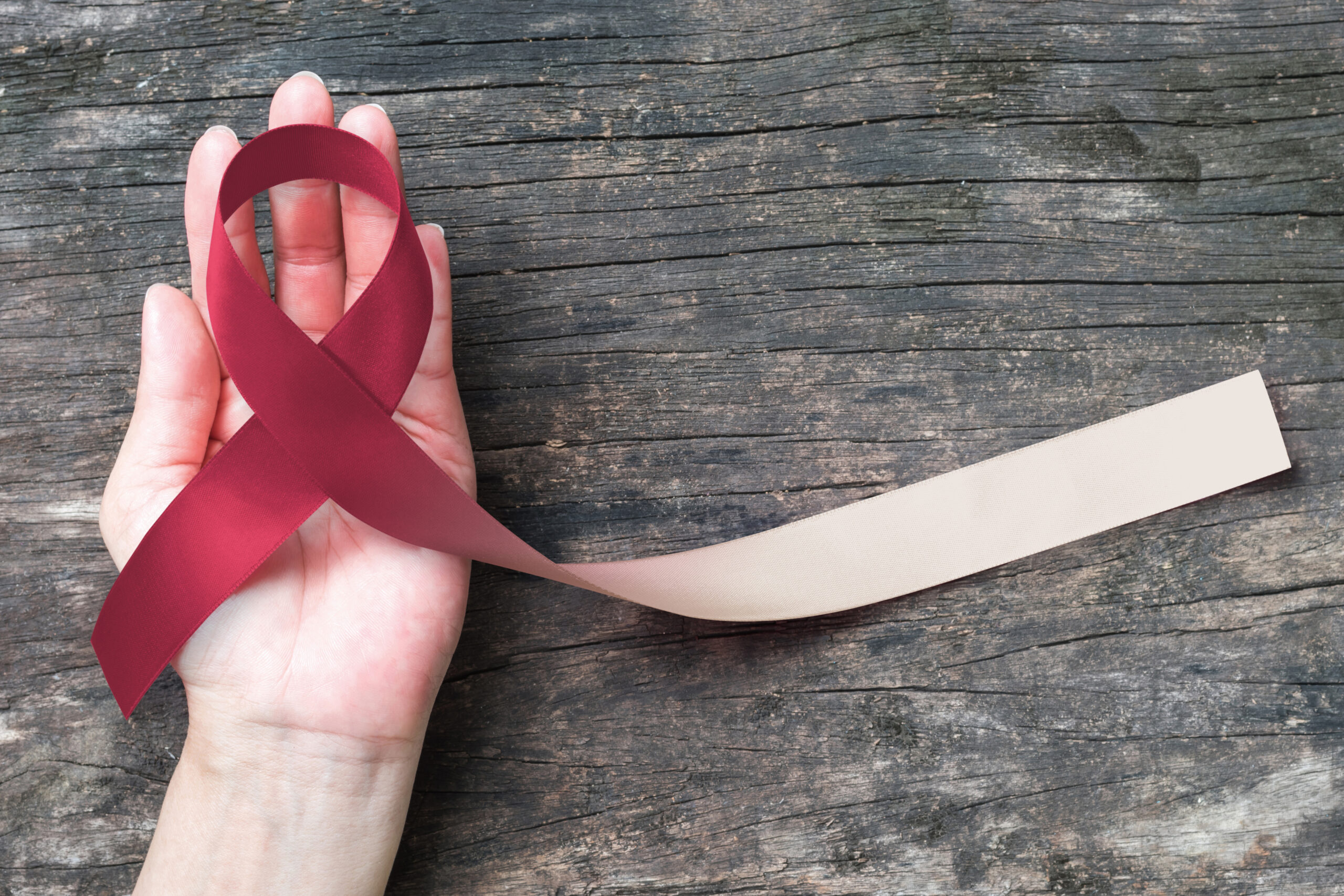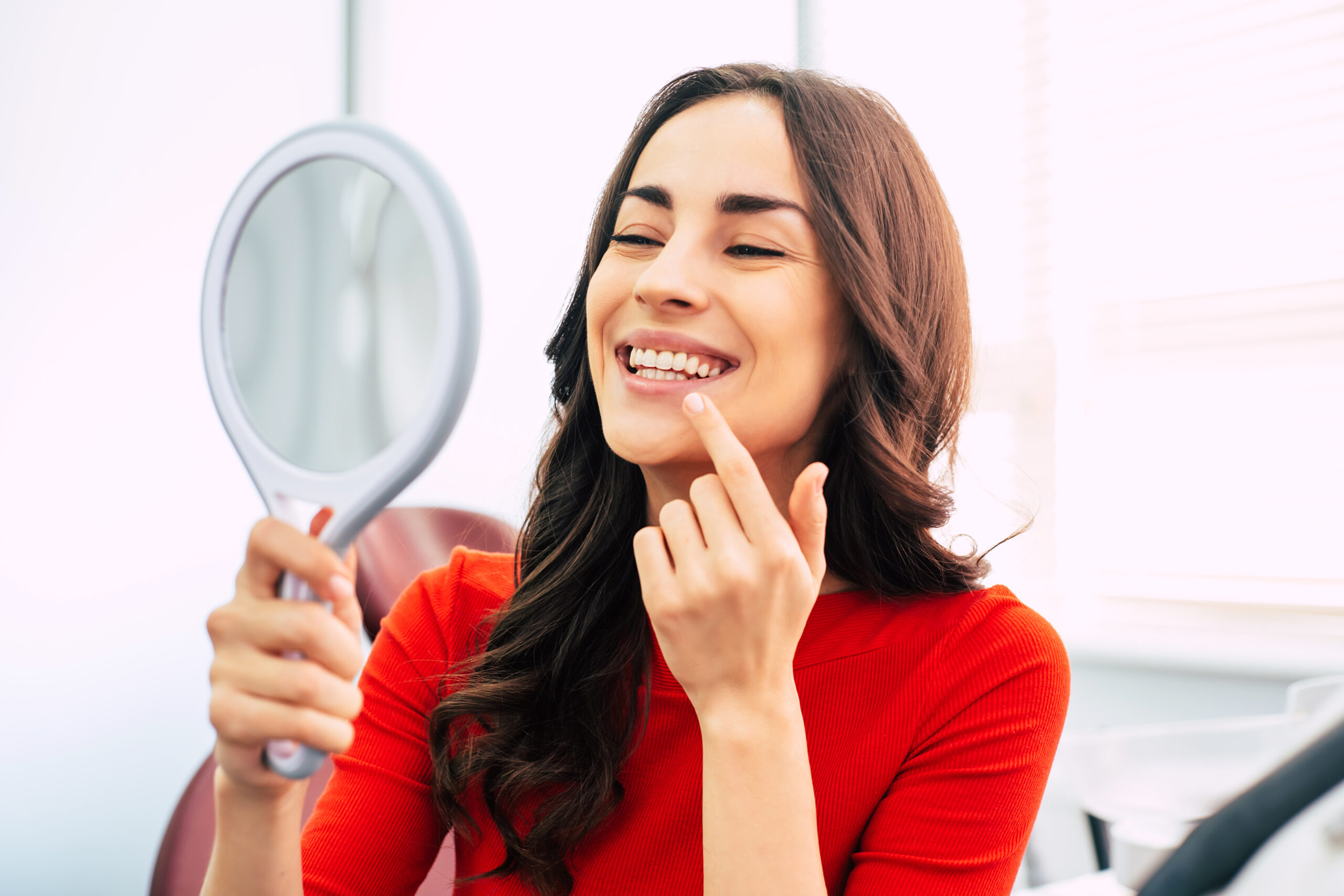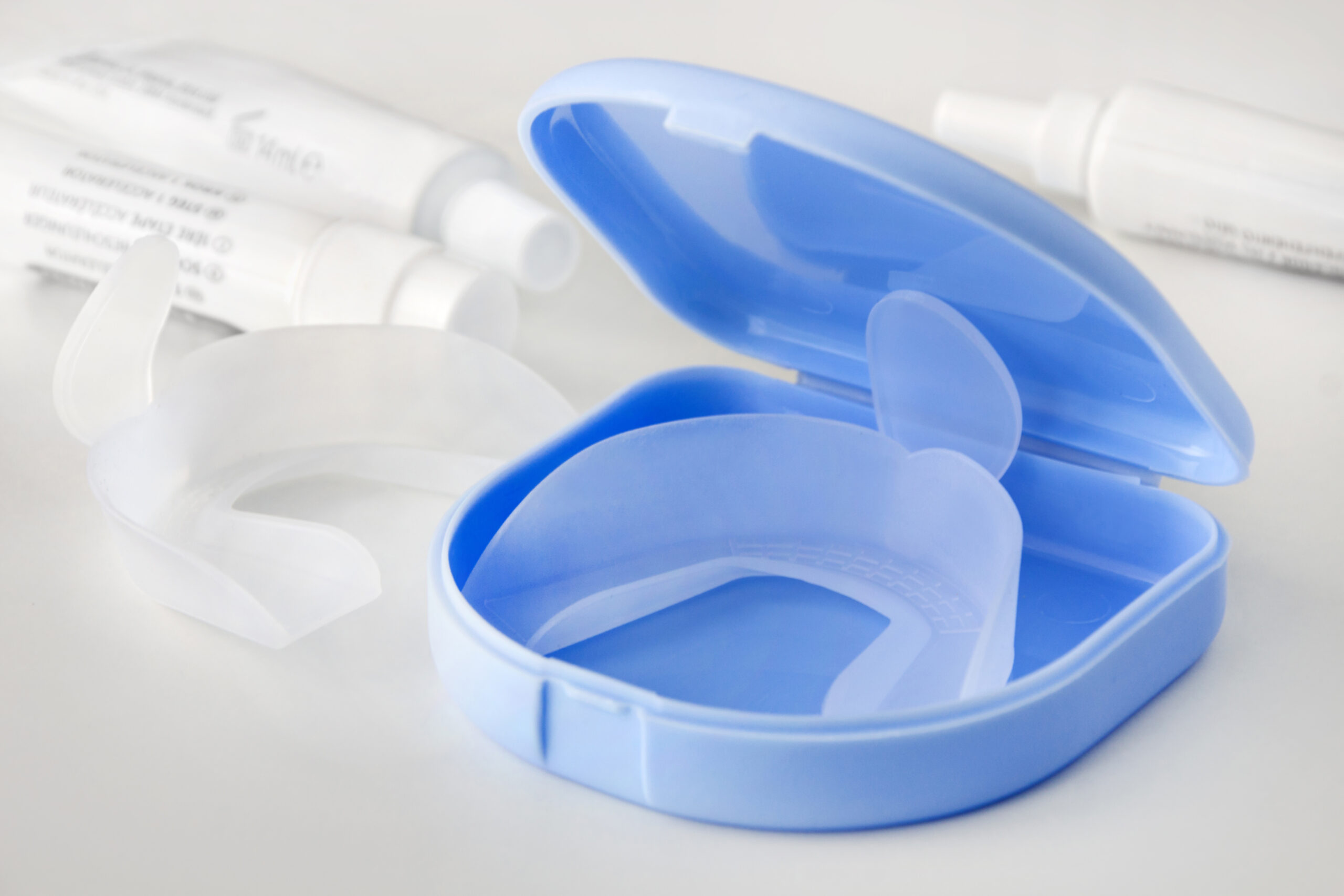
Did you know that chocolate might not be as bad for your teeth as people may have thought? You can now eat your favorite treat without feeling guilty. Studies have shown that there are benefits to eating chocolate, however, not all chocolate is created equal. It is important to note that these benefits apply to dark chocolate, not milk chocolate or white chocolate. Dark chocolate is rich in Fiber, Iron, Magnesium, Copper, Manganese and a few other minerals.
A 100-gram bar of dark chocolate with 70-85% cocoa contains:
- 11 grams of fiber
- 67% Iron
- 58% Magnesium
- 89% Copper
- 98% Manganese
- It also has plenty of potassium, phosphorus, zinc and selenium
Here are more advantages to eating dark chocolate and how to maintain good oral health while doing so.
Chocolate and Your Teeth
Chocolate is a candy that dissolves quickly in your mouth, resulting in less time on your teeth. It does less damage than a chewy or sticky candy because the sugar doesn’t cling to your teeth as long.
Chocolate and Your Health
Cocoa and dark chocolate are also a powerful source of antioxidants. Antioxidants protect the body from damage caused by harmful molecules called free radicals. Many experts believe this damage is a factor in the development of blood vessel disease, cancer, and other conditions. The bioactive compounds in cocoa can improve blood flow in the arteries and cause a small but statistically significant decrease in blood pressure.
Chocolate Benefits
Eating chocolate can lower your risk for cardiovascular disease. A study also showed that the flavanols from cocoa can improve blood flow to the skin and protect it against sun-induced damage.
Remember to eat responsibly as too much sugary food can be harmful, regardless of the benefits. Eating dark chocolate and brushing your teeth after will reduce the negative effects of chocolate.
While you can indulge on your favorite chocolate treat occasionally, be sure to keep up with your oral hygiene routine. Brush at least twice each day for two minutes, and floss regularly. To schedule your next visit to our office, please contact our team.



